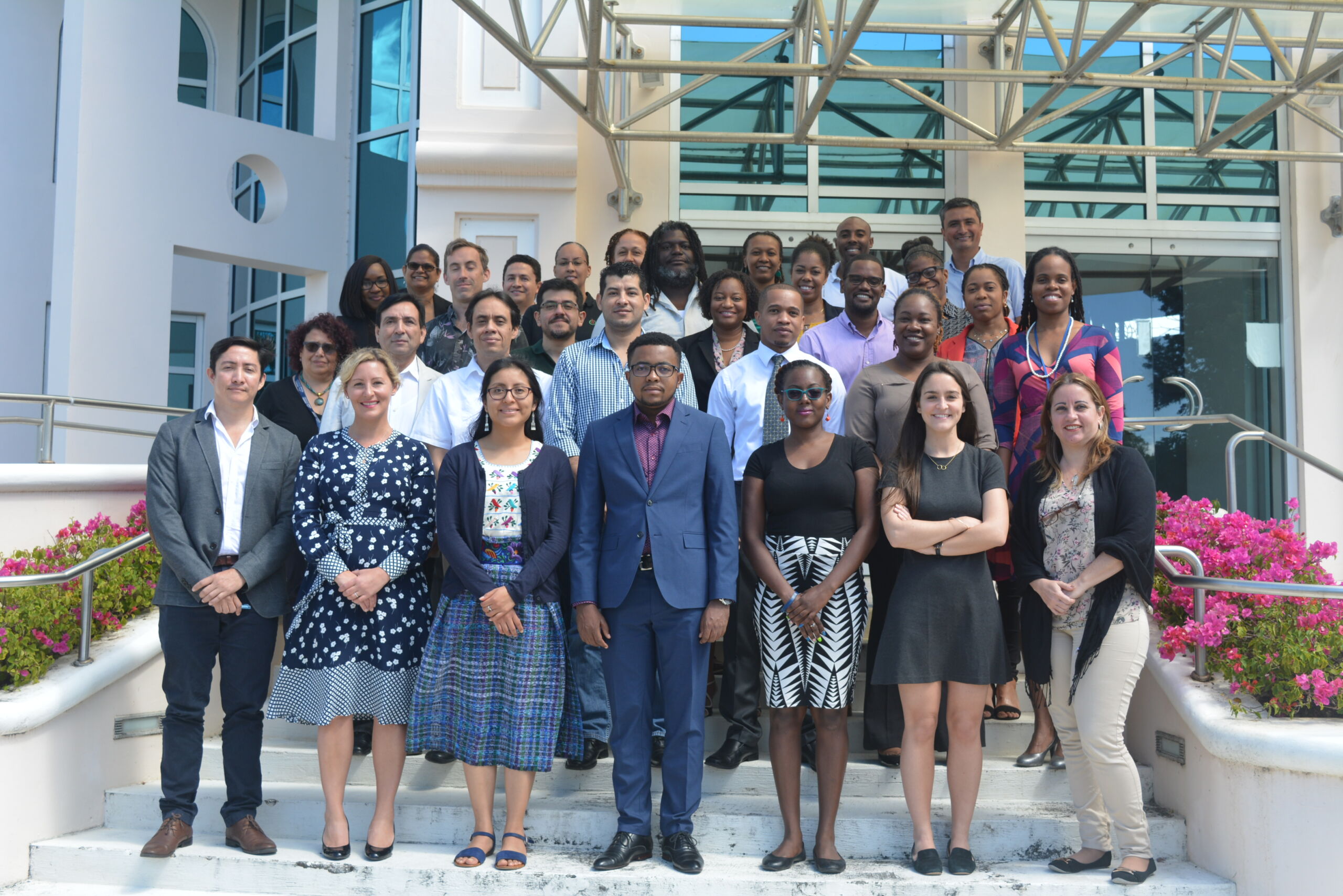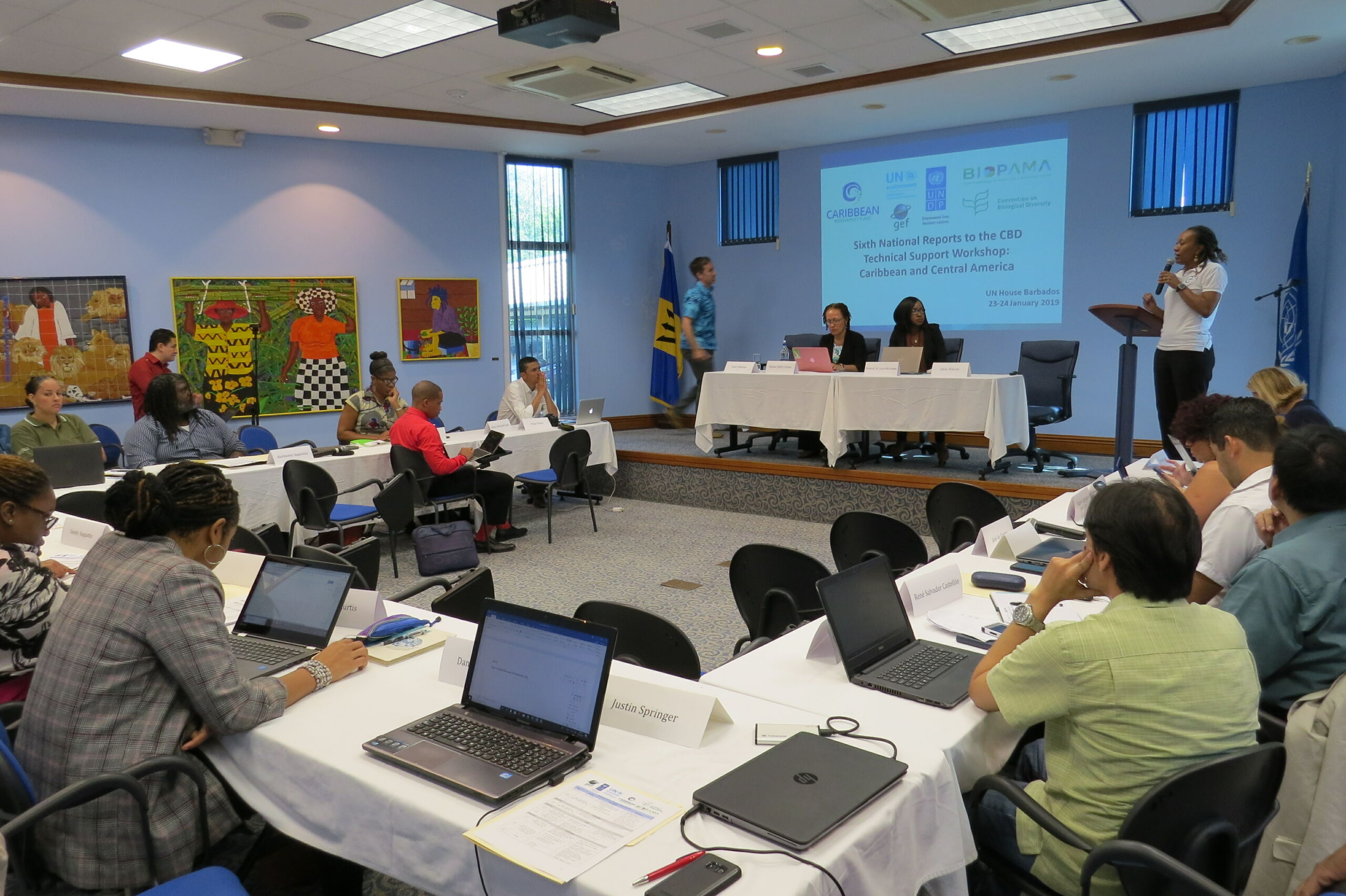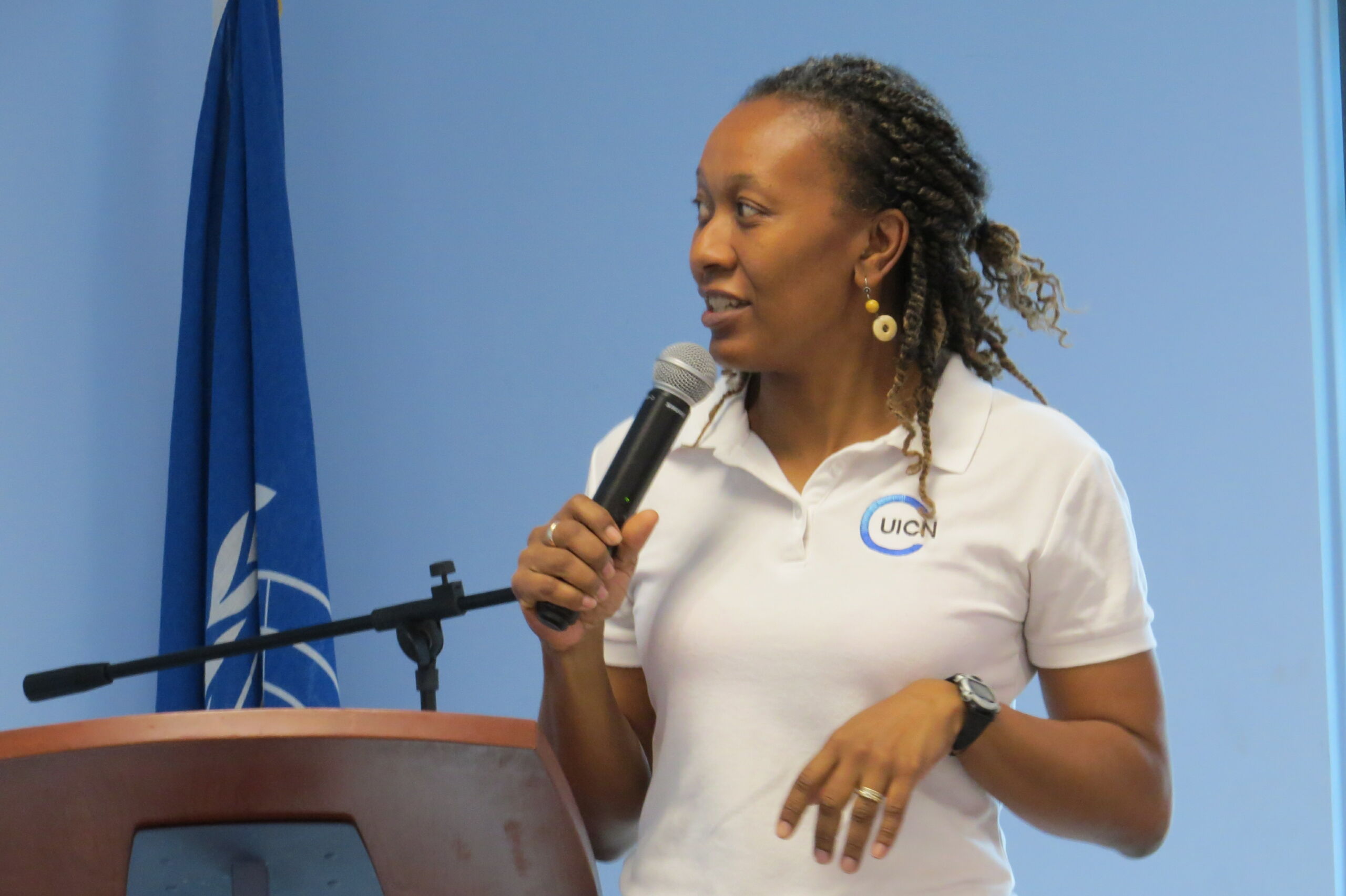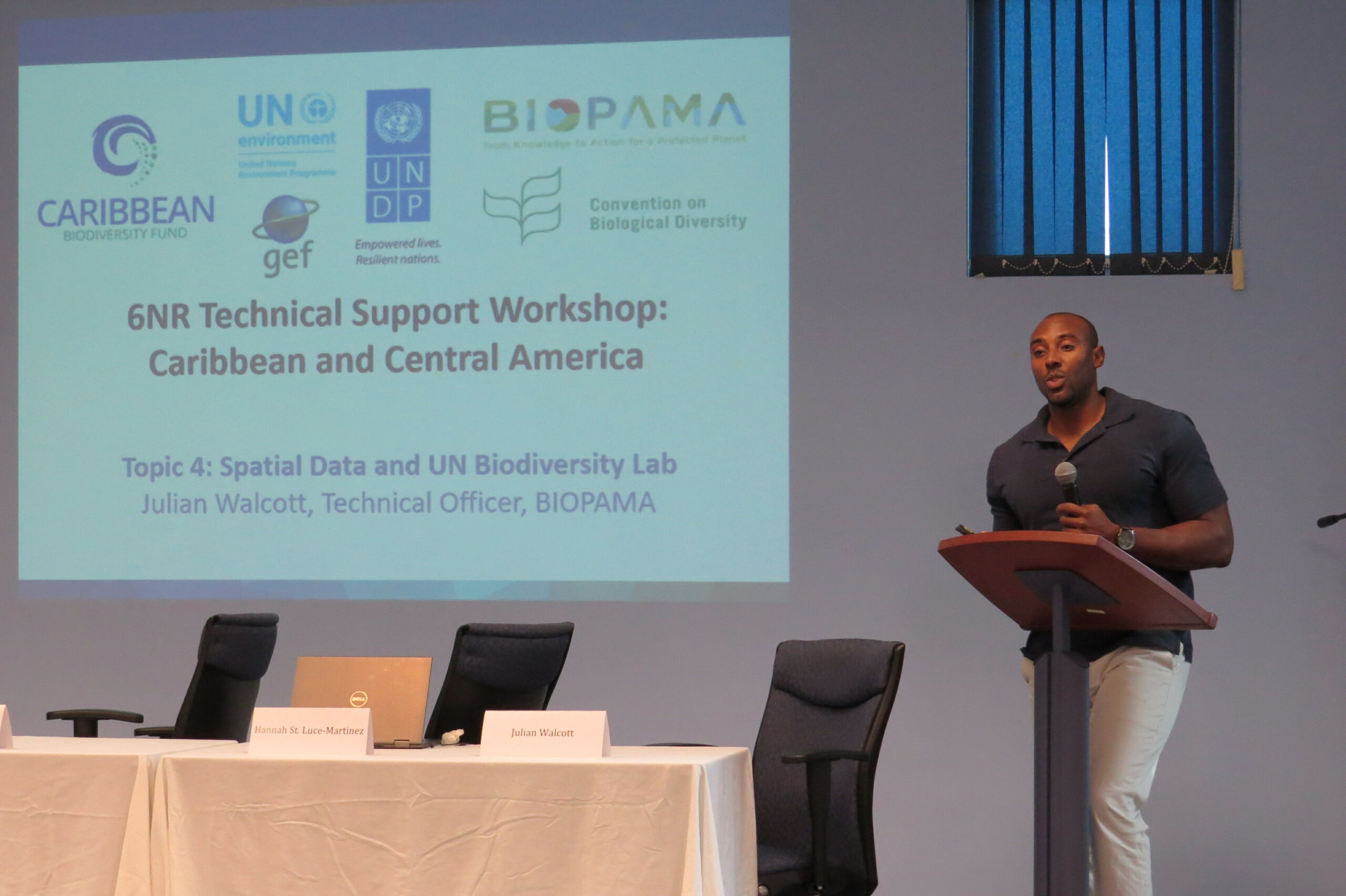Plants and animals are being lost from our land and oceans at an alarming rate, but there is a closing window to take action. Many countries are making bold declarations to conserve nature, but often do not have the data to do so effectively. In Barbados, on January 23 and 24 2019, participants from 17 Caribbean and Central American countries[1] met to discuss data and reporting needs to help their governments, and the world, understand what actions need to be taken to halt and reverse biodiversity loss in this region.
The United Nations Development Programme (UNDP) hosted the two-day Technical Support Workshop in collaboration with the Secretariat to the Convention on Biological Diversity (CBD), the Caribbean Biodiversity Fund (CBF) and the Biodiversity and Protected Areas Management (BIOPAMA) Programme. The workshop was held at the UNDP Subregional Office for Barbados and the Organization of Eastern Caribbean States (OECS). These hosting agencies assisted participants to exchange best practices, share experiences, and overcome information gaps in monitoring and reporting on the state of nature in their countries. As part of each country’s obligations to the CBD, this information is periodically required in the form of a National Report. Countries are currently working to prepare a high quality, gender-responsive, and data-driven Sixth National Report to the CBD.
To meet this goal, countries are working to better develop baselines of biodiversity status, determine how use spatial data to inform conservation decisions, monitor indicators over time, and integrate the perspective of indigenous and local communities, as well as women. This level of technical and financial support is available to 139 countries through the Global Environment Facility (GEF). The data within these reports will assist countries in evaluating the present and future status of nature in their countries, report on areas of significant biodiversity decline, better understand the risks these declines poses for people and the planet, and develop urgent and meaningful actions in the region to halt or reverse it.
During her opening remarks, Chisa Mikami, Resident Representative (acting) for the UNDP Sub-Regional Office for the Barbados and OECS, shared that the workshop would focus on supporting the Parties to the CBD in the Caribbean and Central American to assess their progress to achieve national and global biodiversity targets, and to see if those actions are effective in meeting the Convention’s objectives. “This collaboration is widely recognized as an effective mechanism to support Parties to overcome data and capacity gaps related to national biodiversity planning and reporting,” said Mikami.
Armstrong-Vaughn and Karen McDonald Gayle, Conservation Finance Program Manager for the CBF, also made participants aware of other avenues for funding that they could access in strengthening the sustainable management of their countries’ biodiversity. Armstrong-Vaughn made reference to the BIOPAMA Action Component, a grant funding mechanism that, when launched, will provide targeted assistance to address biodiversity conservation and protected areas priorities. McDonald Gayle spoke about the role of the Caribbean Challenge Initiative (CCI) which aims to achieve 20 per cent marine protected areas by 2020, and the CBF’s role in creating a Caribbean Sustainable Finance Architecture for the region as the cornerstone of their work through national trust funds starting in eight Caribbean islands.
At the workshop’s conclusion, participants recognized that the following steps are required to more accurately report on the state of nature in the Caribbean and Central America:
- Need to develop effective, long-term, spatially explicit monitoring systems that uses measurable indicators to track changes in the status of nature, and the impact of actions to protect it;
- Need to develop information national baselines of biodiversity data;
- Need to develop, access, and share spatial data, and to use it to make decisions making; and
- Need to better capture important biodiversity data from indigenous and local communities, and to understand the different roles of women and men in biodiversity conservation.
From here, these 17 countries will complete their Sixth National Report and submit it to the CBD by June 2019. The workshop hosts will also continue providing technical support the countries to develop and share the results of their reports through info graphics, policy briefs, and best practices. The reports will also be used to inform the fifth edition of the Global Biodiversity Outlook, review the implementation of the CBD’s Strategic Plan for Biodiversity 2010-2020, and to help design the post-2020 Global Framework on Biodiversity. Global leaders will use the information to set the stage for bold new targets for nature that will define conservation action for the next decade.
[1] Antigua and Barbuda, Bahamas, Barbados, Belize, Costa Rica, Cuba, El Salvador, Guatemala, Haiti, Honduras, Jamaica, Nicaragua, Panama, Saint Kitts and Nevis, Saint Lucia, Saint Vincent and the Grenadines, Trinidad and Tobago.
- Group shot of participants of 6th National Report Workshop
- 6th National Report Workshop
- Hyacinth Armstrong-Vaughn PAO for Biopama in the Caribbean addressing the 6th National Report Workshop
- Julian Walcott TO for Biopama in the Caribbean addressing the 6th National Report Workshop
Related News

prev









